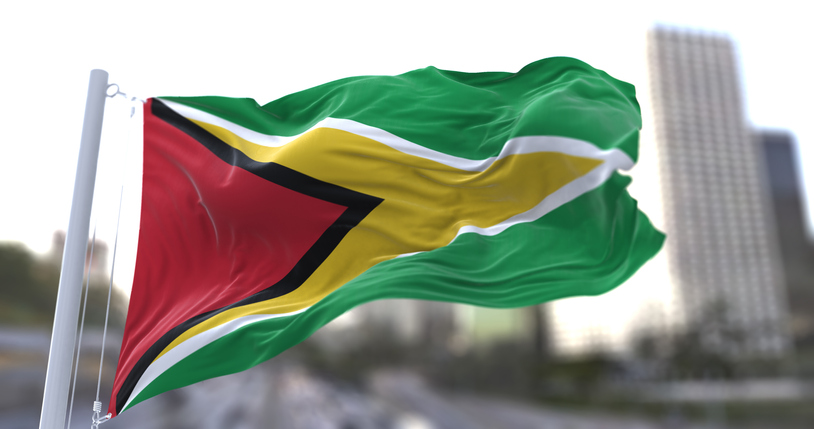(Oil Price)– Guyana’s government will reduce external borrowing for major infrastructure projects, Vice President Bharrat Jagdeo said, citing the country’s swelling oil revenues and a growing push for fiscal restraint.

Speaking at a press briefing, Jagdeo said new revenue flows made it unnecessary to pursue as many external loans for transport and energy projects as previously planned, adding, “We have cash balances,” Demerara Waves reported. The Vice-President underscored that future spending would be more tightly tied to earnings from offshore oil production, which is expected to exceed 600,000 barrels per day by year-end.
The announcement comes six weeks before Guyanese voters head to the polls on September 1, in what is shaping up to be the most contested general election since the country’s oil transformation began. While the ruling People’s Progressive Party (PPP) has campaigned on stability and investment delivery, a growing number of voters are asking whether rapid growth has translated into broad-based improvements, and whether the oil sector has been captured by too few.
Tensions have been heightened by the entry of controversial businessman Nazar Mohamed, who is mounting a presidential bid under the new Movement for Democracy and Development. Mohamed was sanctioned by the U.S. Treasury in July 2023 for allegedly running a large-scale gold smuggling operation and laundering illicit proceeds through Guyana’s banking system. The department stated that Mohamed’s network “facilitated the movement of billions of U.S. dollars of gold and laundered proceeds,” while bribing customs officials to falsify documents.
The Mohamed campaign denies wrongdoing and frames the sanctions as politically motivated. But with oil revenues soaring and institutional trust under strain, his candidacy has become a flashpoint in a country whose political system is still adapting to the scale and speed of its resource windfall.
By Charles Kennedy for Oilprice.com

